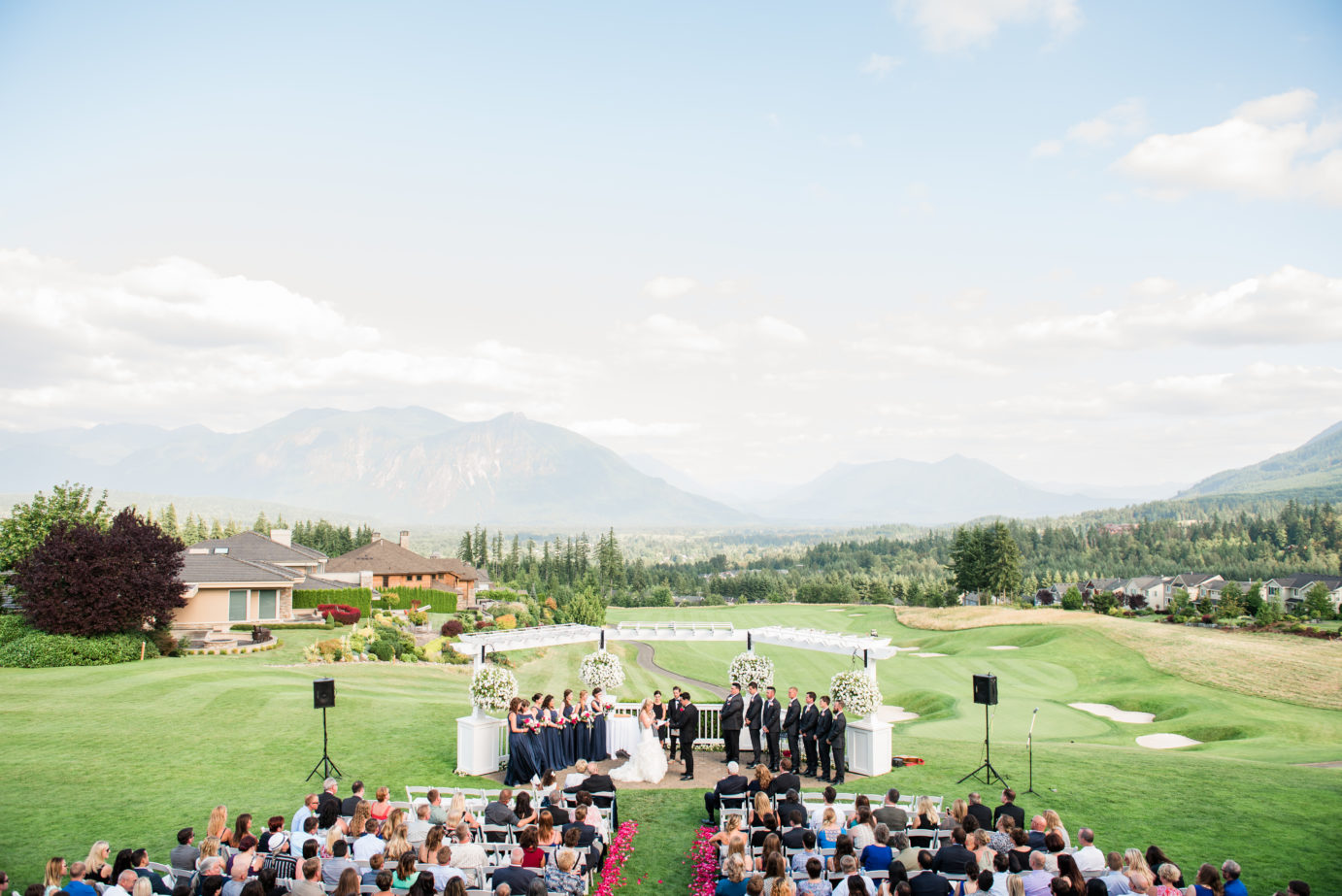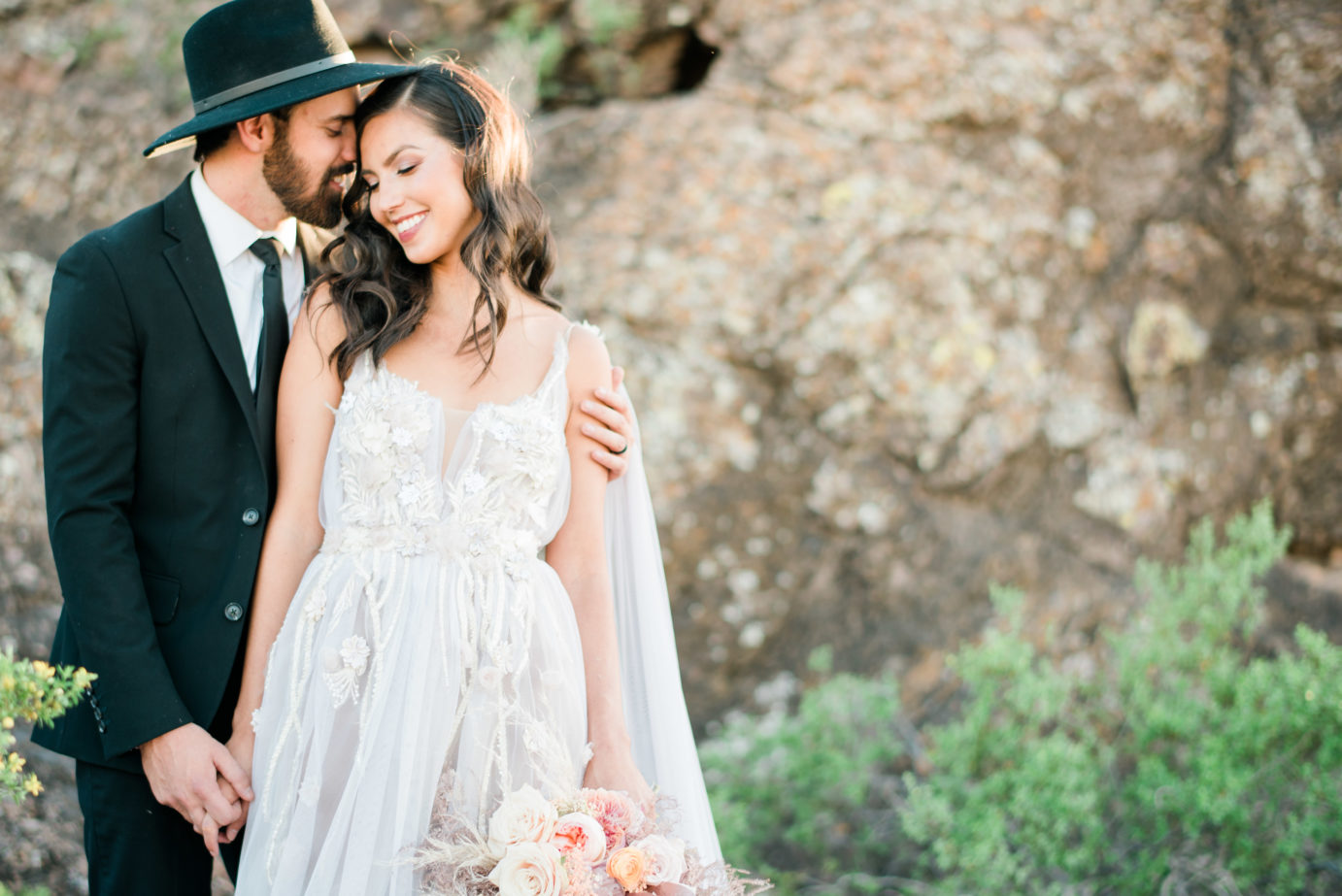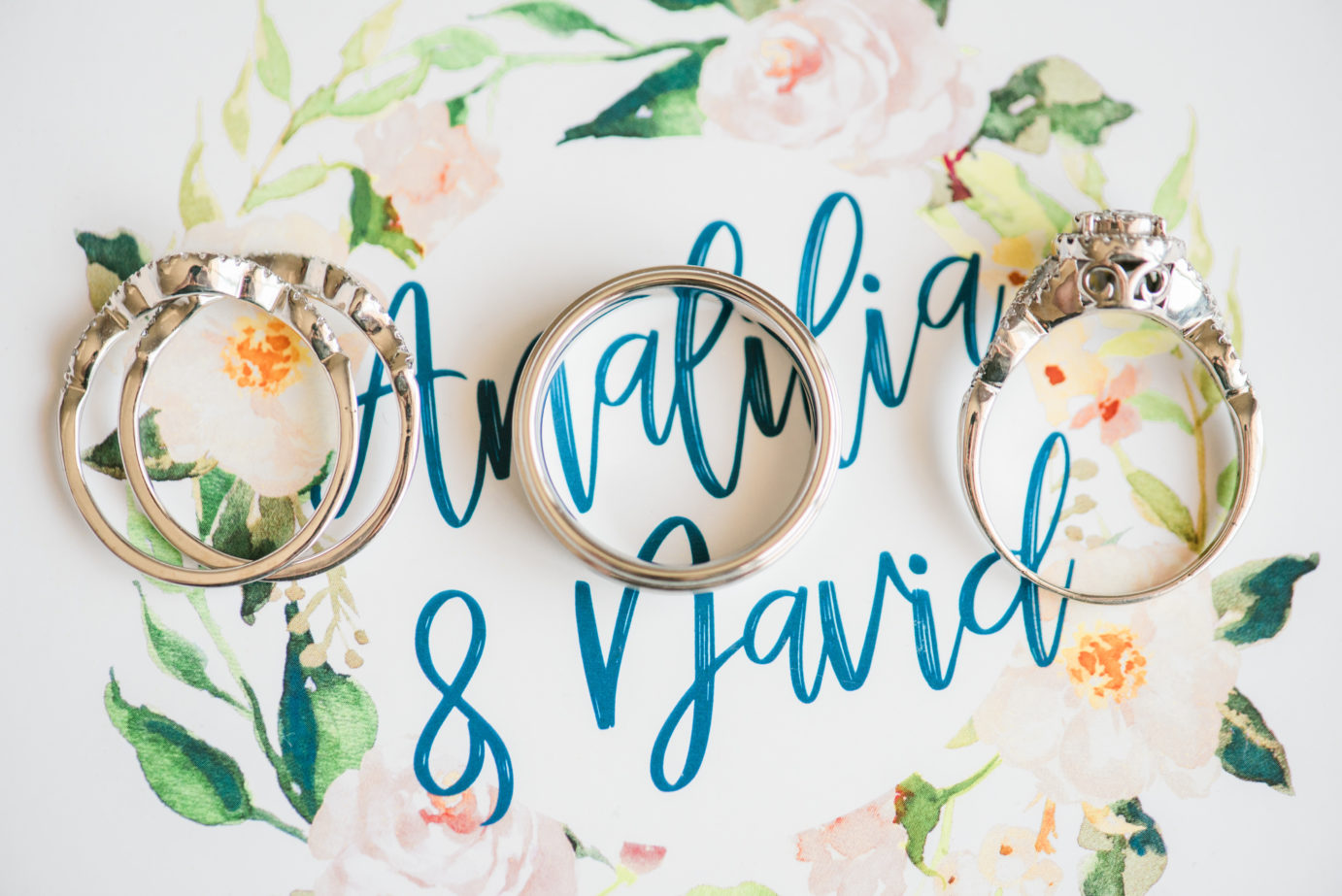I’m going to start out like this, which ultimately is going to do the opposite thing I want it to, but i’m really not here to ruffle feathers. So here goes. Let’s talk about some industry standards for wedding photography.

There seems to be an ongoing battle with some photographers as well as their clients when it comes to what they’re getting for their wedding package. I feel like in our day and age, we are able to communicate in ways that people weren’t able to ever before. Between social media, email, texting, cell phones, home phones (is that even a thing anymore), we, as humans, have no right to not communicate especially when we have it all right at our finger tips. When it comes to wedding photography, there are many things that need to be communicated before any money is exchanged. First things first, let’s talk about contractual agreements.
Contractual Agreement

That’s a big fancy word people like to throw around but basically means a legally enforceable agreement between two or more parties generally relating to a TRANSACTION for the purchase or sale of inputs, goods and services.
EVERY photographer, whether their photographing babies, kiddos, families, or weddings should have some sort of agreement. Really, any vendor you are using for anything! Since it’s a legally binding document, it not only protects us, as photographers, but it protects our clients. Some of things you can expect to see in a contract are:
- Couple’s name
- Date of event
- Description of services rendered
- Breakdown of the cost INCLUDING when payments are due
- Rights of usage, including copyright info and print rights
- Model release- if your photographer is planning on using them for marketing purposes
- Signatures of parties involved
I even have a few extra things included in mine:
- Exclusivity– I can be the only photographer hired for an event
- Artistic release- simply explains that art is subjective and my client has done their due diligence in reviewing my work and knows what to expect in the final product. Also means I can’t just go change my editing style and surprise them with something totally different
- WHEN they will receive their deliverable items (i.e. digital goods, albums, prints, etc)
- A harassment clause- states that I will not tolerate any type of harassment from clients, vendors, or guests
- Cancellation policy- what happens if the event is called off, or people no-show
It’s never a bad things to be OVER-protected, either for your client OR yourself. It’s ALWAYS better to over-communicate and have it in writing. At the same time, you can’t put whatever you want in your contract and expect it to hold up in court. ALWAYS, always, always have a lawyer look over it to ensure your doing/saying things that can. SUPER important.
When Things Go Wrong

This is the part that makes me so, so sad. Lately, it seems like every where I look, someone is unhappy with their wedding photographer. Either they paid someone very little, and then got very poor images back. They hired a friend, and it was a nightmare all around. They paid good money for their photos, and then wait months and months to get nothing back, or it takes over half a year to get their full gallery back. OR the worst for me, they paid any money and got absolutely NOTHING, whether it be their photographer never showed up, or showed up and lost the images, or showed up and then disappeared off the face of the earth, THIS is the one that gets me.
So here’s the deal. Clients, it’s SO important that you’re protecting yourself with these contracts! ANOTHER thing is to READ THEM THOROUGHLY! If there’s something in the contract that you don’t understand, ask what it means. If there’s something you don’t agree with, say something. It isn’t a legal binding document until it’s signed, and in the legal world, contracts change ALL. THE. TIME. It’s so important to be protect.
What To Ask
If you haven’t checked out my “What To Ask Your Photographer” post, then go check it out when you finish this. Like I said before, I think communication with all of your vendors is key, and it never hurts to ask questions.
Industry Standards for Wedding Photography
This is the part that may be a little different between photographers, but it’s safe to say there are some industry standards that most should uphold.
- You can expect to pay anywhere from $800-6000 depending on your budget and experience of your photographer in my area (these are definitely different depending on your location). Just like with most things, you get what you pay for. However, I know there some REALLY great photographers out there who charge less than I do, but I have invested in education, gear, and have the years of experience to back up what I charge. Price can really depend on what you’re looking for and the time you want your photographer there as well!
- Your photographer’s package will differ from others. Some choose an a la carte system (I used to) and some will have package options for you to pick from. There’s really isn’t much of a deviation from those unless they just create a custom package for you! I’ve done all three. HA!
- Image delivery will be different for photographer but can range anywhere from 2-12 weeks. Much deviation from that isn’t the industry norm. As with most things in life, your photographer will probably overestimate the time it will take, and deliver sooner. Clients are never disappointed when you deliver the photos sooner. The KEY to this- MAKE SURE you have this in your contract. This will protect you as the client and ensure you get your images in a timely fashion. On the other hand, if your photographer tells you you’re going to wait 6 months to get your images, and then you get irritated it takes 6 months, that’s on you. You were educated and informed.
- How many images you get will also vary. Generally any range from 50-100 images an hour is pretty norm in the wedding photography world.
- Image delivery may differ. Some will deliver on a USB as well as an online gallery. Some will do one or the other. It’s important you know how long your images are stored and if you can go back to them at a later point. Ask about this!
- Everything in between is a little less cut and dry. THE MOST important thing is communication, your binding contract, and also communication. Are you seeing a pattern here? Good.
If you have questions about things you should be asking or what you should know from your photographer, feel free to email me!! I’m more than happy to help you out!
+ COMMENTS
add a comment